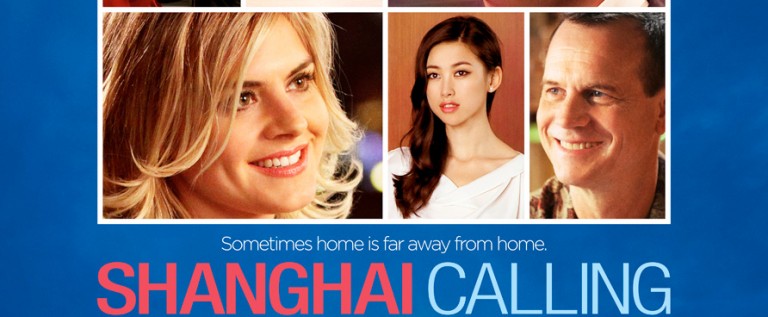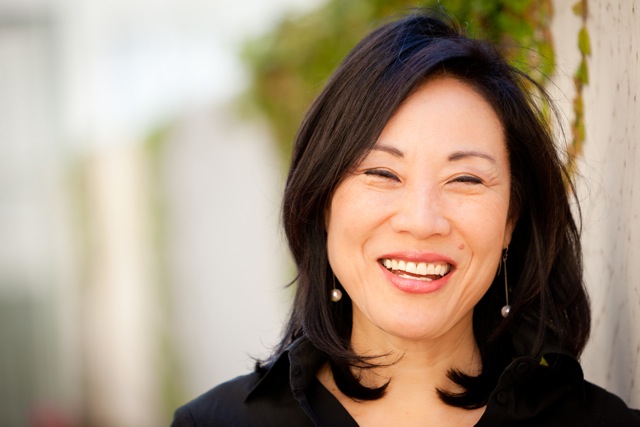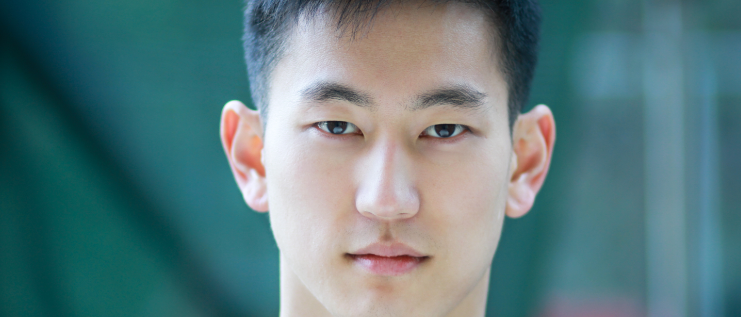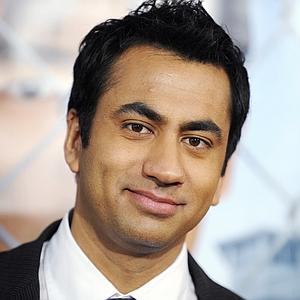Hollywood Matchmaking: Janet Yang & “Shanghai Calling”

At the San Francisco premiere of the movie “Shanghai Calling” on Feb. 6, 2013, a most striking figure stood out for me. No, it was not bewitching lead actor Daniel Henney, who played a partner-tracked Manhattan lawyer on assignment in Shanghai. It was producer Janet Yang.
I hadn’t heard of Yang until then, but certainly it wasn’t due to her lack of prominence in the movie industry. After all, she has produced seventeen films, including “The Joy Luck Club” (1993) and “The People vs. Larry Flynt” (1996); collaborated with Steven Spielberg on multiple projects, including serving as his eyes and ears in China for “Empire of the Sun” (1987); and served as what the Wall Street Journal calls “matchmaker” between Hollywood and China starting in the mid-1980s when she brokered on behalf of Universal, Paramount and MGM/UA the first sale of American studio movies to China since 1949.
The over-subscribed screening took place at Lucasfilm where many of the 300+ attendees had to stand or perch against the walls. It featured San Francisco Mayor Ed Lee, who proclaimed the movie “engrossing and playful, reflective of the stories yet to be told on our relationship with China,” as well as a diverse audience who seemed enchanted by the film’s expat theme, cross-cultural witticisms, and feel-good message (“Here was an ambitious man who would do anything for his career, but when offered the job he wanted to do all along, he chose instead to do the right thing.”)
Responding to a question on the movie’s timeline, director Daniel Hsia sketched how he spun his wheels for a year trying to get his first feature film off the ground, until he finally took the advice of “everyone in LA and contacted the only person who could help me – Janet Yang”- whom he spent several months chasing to read the script.
Intrigued by the lone woman gracing the Presidio stage who made this “cultural exchange through film” possible, I chased Yang myself and asked her in an interview to share thoughts on “Shanghai Calling,” movie-making and being an Asian-American Hollywood icon.
1. What factors go into your decision for taking on a project? Which ones went in for “Shanghai Calling,” in particular?
I look for projects that, first of all, simply hold my interest. Whether it’s a script or book or article or treatment, I simply keep reading until I don’t want to anymore. If I get to the end, it’s passed the first litmus test. I can’t work on something if I don’t like it enough myself, even though I think it might have huge commercial potential, or is something I’m guessing other people would like.
With “Shanghai Calling,” I already had a strong notion that I wanted to make a movie set in contemporary China. So when I met Daniel and he told me about the project, it was immediately interesting. As we chatted some more, I found that our sensibilities were very much aligned.
2. If you were to do this movie again, what would you do differently (if anything)?
I really don’t think there’s too much I would change. I know we are handicapped, especially as a comedy, for not having major stars in the lead roles. And yet I cannot think of a single actor that could be a better Sam than Daniel Henney. So it’s impossible to have any regrets.
3. What kinds of responses have you received from audiences for this movie? Do the reactions differ with different audiences?
We have been so warmed by the response to the film. People talk about it in such glowing terms – it’s not just another good Indie movie, but something that finally and fully captures a slice of life that doesn’t exist in many movies. It seems to grab people’s attention as part of a movement toward a more cross-cultural sensibility.
Interestingly enough, while we assumed that Chinese and non-Chinese audiences would have very different reactions to the move, I have now concluded that what’s funny in the movie is funny for all people. The Chinese farmer with the chicken, the a-yi showing up suddenly, the taxi scene, the tea leaves, the noodle shop. These scenes seem to play to all audiences.
4. Have the kinds of projects you taken on changed over the years? In what way? What kind of projects are in your future?
Having worked with Oliver Stone for so many years, and also during a different era in Hollywood when dramas were welcome, I certainly wasn’t much known for comedy. “The People vs. Larry Flint” and “Zero Effect” were indeed two comedies I produced, but I never did a romantic comedy before. In the past several years, however, I have wanted to bring the best of Hollywood and China together, and the Chinese market very much wants and needs comedies. So I have happily explored this genre more, and in fact, I feel that in many ways, my personality is very well-suited to comedies. I love to laugh! It’s great to work on a set where everyone is so damn funny! I am developing several projects now which would be Sino-American co-productions. Stay tuned!
5. Who/what inspired you to go into film? What do you believe enabled you to achieve the successes you’ve had in this industry?
I was inspired to go into film when I was living in Beijing in the early 80’s. China was emerging from the Cultural Revolution and exploring many different forms of expression, albeit cautiously. I was so taken by the artists, writers and filmmakers that were producing pioneering works. So it was the discovery of talent first of all that intrigued me. But also, there was simply the thrill of living in a place where people who looked like me could actually be in front of the camera playing all different roles.
After bringing Chinese films to America, and then selling American studio films to China, I had the opportunity to work with Steven Spielberg in China on the movie “Empire of the Sun.” That was the chance of a lifetime during which I got bitten by the production bug. So of course I felt that the universe supported a producing career for me. Sometimes, it’s really about karma – and intention.
I was also encouraged to be a bridge between cultures. Spending time in China and learning Chinese gave me a whole new perspective that was very different from the more typical Chinese-American experience. China was a touchstone that was empowering. It’s become an area of specialty for me that has certainly paid off, though that was the farthest thing from my mind when I moved to Beijing in the 80’s.
6. What kind of legacy would you like to leave as a movie producer? As an individual?
I still believe that something very special happens in a dark room when your subconscious is unguarded.
As a movie producer, I hope to leave behind a body of work that has truly inspired people in one way or another. I know that “Joy Luck Club” has done that for many on a personal level. I love hearing stories about how friends took their parents and wept together watching the movie. How wonderfully cathartic. Other movies have touched people for different reasons – whether it be by revealing emotional truths, or political and social injustice. I still believe that something very special happens in a dark room when your subconscious is unguarded. In particular with some of my recent movies, I’d like to think that I have pushed the envelope towards a more humane understanding of China and Chinese, since there is so much curiosity about that part of the world these days.
7. What would you say to aspiring movie producers who are female and Asian-American?
I would say that it is an absolutely wonderful time to come into one’s own! Although the traditional infrastructure of the movie business per se is breaking down, there is always a need for content, so think about ways that go beyond the establishment. It’s a great time to be enterprising! There is probably less job security than ever, but more opportunities if you can think outside of the box. And there are far fewer barriers to entry. If entertainment and media is definitely your passion, then go for it, but with your eyes wide open!
“Shanghai Calling” is currently showing in San Francisco and premieres at theatres in Los Angeles and New York City on February 15. As of this week, it is also available online and via on demand.
Photo credits: Armando Salas, Janet Yang.







